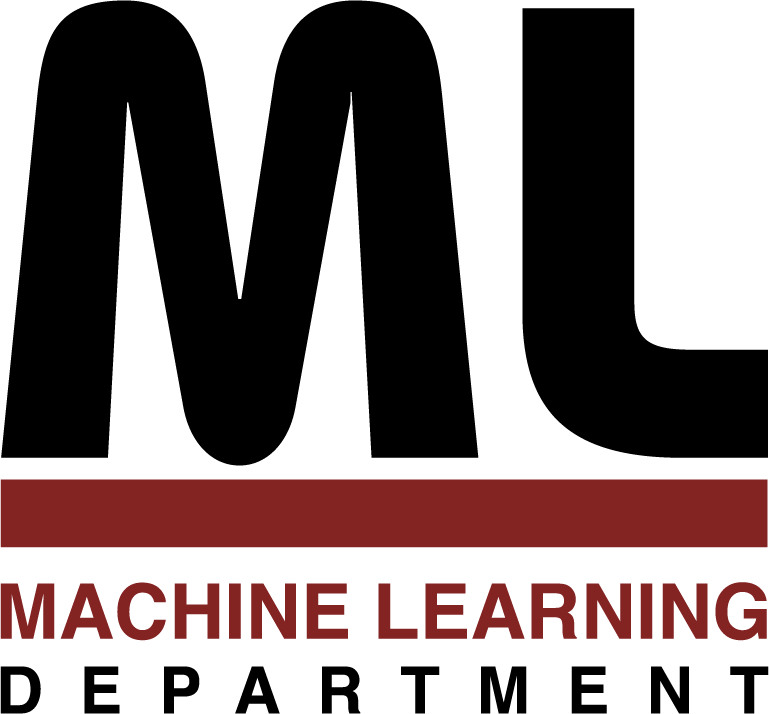
Machine Learning Department
School of Computer Science, Carnegie Mellon University
Benjamin Shih
December 2011
This thesis is a mixture of algorithm development, simulation, and experimentation on real-world data, all designed to define and test a novel paradigm for clustering in education (and a range of other domains). This paradigm, target clustering, revolves around the inclusion of high-level targets, such as student learning from pre-test to post-test. This approach differs from other existing machine learning approaches in that it is designed completely, from the initial concept to the final execution, for solving educational research problems, taking advantage of the structural complexities that are problematic for other algorithms. This thesis includes a range of data sets drawn from a variety of research domains, but does not include new data from experiments in the psychological sense. However, the thesis includes analysis of methodology, results, and implications from an educational research perspective and relies entirely on education data and research problems.
210 pages
School of Computer Science homepage
This page maintained by reports@cs.cmu.edu